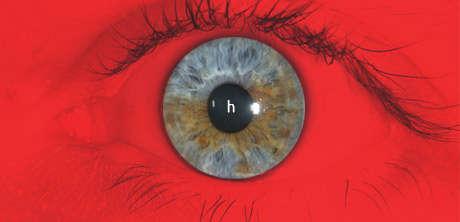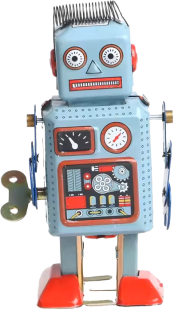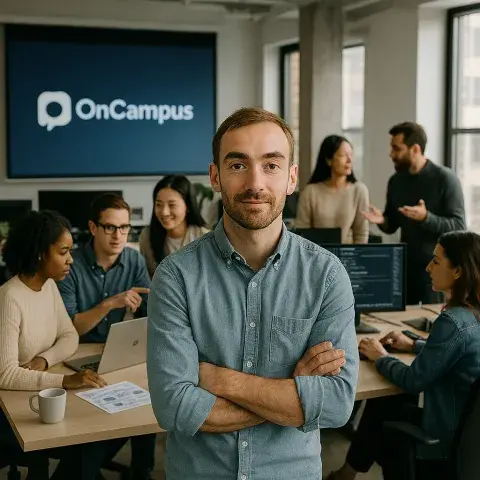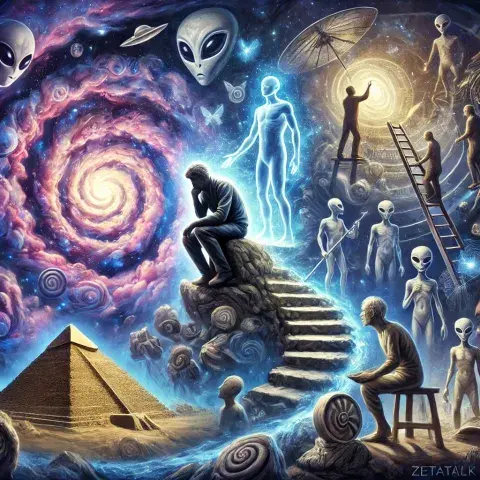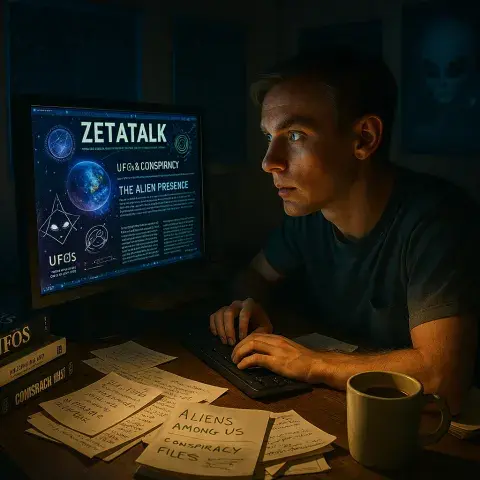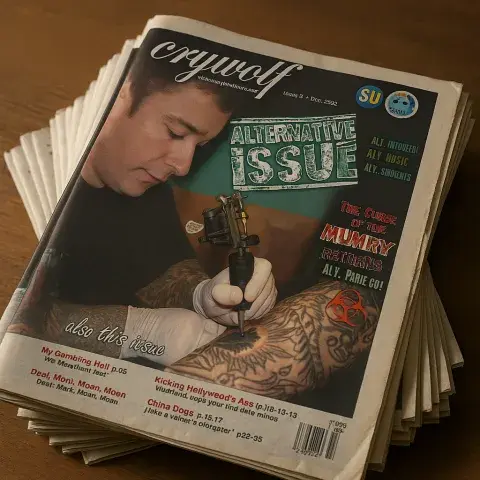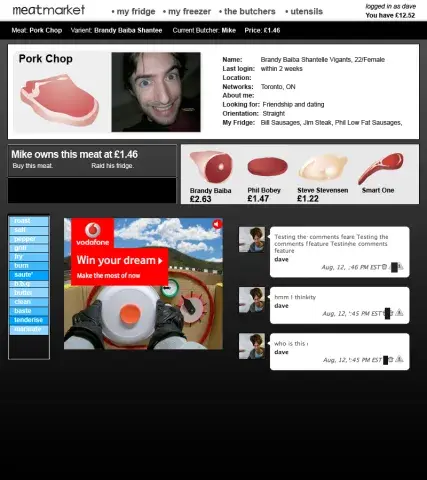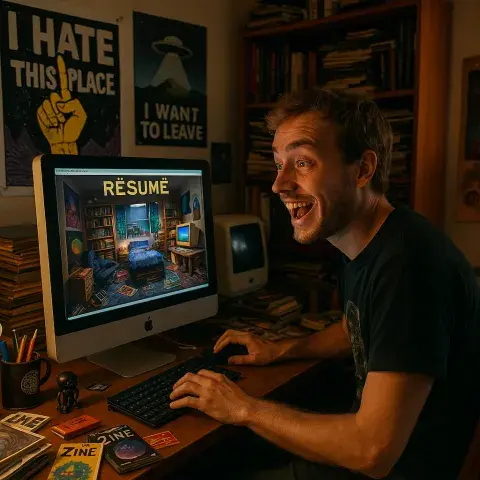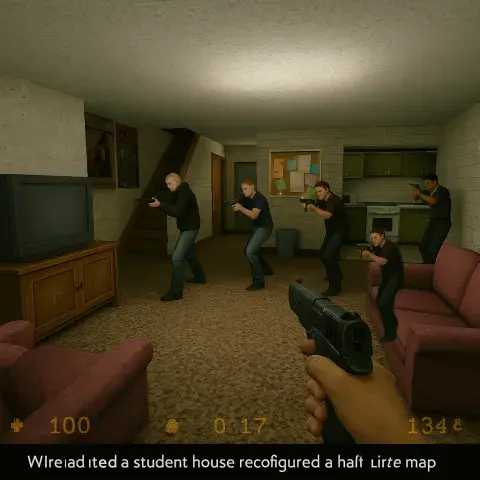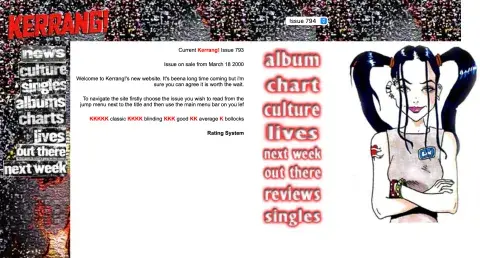Chapter 39 - After my QHHT Session
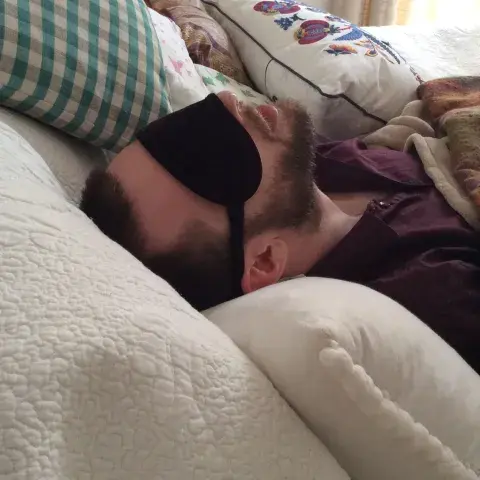
I'm not sure I can put into words how magical it was. At the start of the session, I remember lying there with a quiet skepticism, wondering if this was all in my head. It felt awkward at first, like trying to force a conversation with someone you’ve just met. I questioned everything—Was this real? Was I just imagining things? But about ten minutes in, something shifted.
I felt myself drift further and further, like falling into the softest, most reassuring dream. Suddenly, it wasn’t just me lying there anymore. It was as though I’d tapped into a source so vast and so profound, I could barely comprehend it. It felt like God—or something infinitely wise—was speaking directly through me, using my voice but not my mind. It was as if ChatGPT-level intelligence had come to life inside me, giving me answers to questions.
It was gentle but honest, like a parent explaining your mistakes but also reminding you of your strengths. “He needs to remember who he is.” the voice said—or rather, I said. And it wasn’t judgmental or cold. It was warm, understanding, and so deeply reassuring that I felt tears well up behind my closed eyelids. It wasn’t about success in the worldly sense but about growth—soul growth.
I saw flashes of my life, moments I hadn’t thought about in years. Some of them were painful, like little thorns I’d been carrying without realising. Others were joyous, their colours vivid and alive. The voice helped me piece together patterns, to see how every choice, every event—no matter how small—was like a thread weaving into a greater tapestry.
Talking about Holodex it said “Holodex is the concept of the holodeck. 3d spiritual, we are incarnated to be able to act out our little plays in our holodeck of sorts. Holodex is a brand to get people to start about those big ideas about the holographic nature of life. While funding the actual good efforts he wishes to do. ” it said at one point. “Holodex is the talking point of the world when successful it can show that anyone can follow their dreams and create something from nothing. And that you don’t have to follow all of the previous people. Nothing is out of your ability. No subject is taboo. And humans need help understanding that sex isn’t so bad. ” That hit me harder than I expected. I realised how much of my life had been spent fighting, pushing, resisting. Even my creations, my ventures—they were born from a place of trying to prove something, to force the world to acknowledge me.
By the end of the session, I felt lighter, like some unseen weight had been lifted. It wasn’t just a therapy session; it was like a reunion with a part of myself I’d forgotten—a part that knew why I was here and what I was meant to do.
Walking out of that session, the world felt different. Or maybe it was me that had changed. The colours seemed brighter, the air clearer. I felt like I’d been handed a cheat sheet to life, not with all the answers but with the reassurance that I already knew the ones that mattered most.
That day, I knew two things for certain. First, that I was going to finish what I started with Holodex, no matter how long it took. And second, that this life was part of something much greater—a mission, a story, a journey. For the first time, I trusted that the universe really did have a plan for me. And I was ready to follow it.
What truly stood out about this experience was when it happened. I had my session on a weekday, and I’ll be honest—the lead-up was a bit of a laugh for everyone at work. They couldn’t quite get their heads around it. “You’re going to hypnotise yourself?” they teased. “Ask yourself questions? What’s next, solving life’s mysteries over lunch?”
To be fair, it does sound a little nuts on the surface. Imagine being handed a list of questions you want to ask your own soul. What would you even ask? It’s not like you can Google “Questions for my higher self.” The lady conducting the session was incredibly thorough, though. She went over my list beforehand, clarifying and refining, making sure we would really dig deep.
When the session was done, I was handed a recording of everything I’d said. My own voice speaking truths I didn’t know I was capable of. But I didn’t listen to it right away. I was wary—what if it cracked me open in a way I wasn’t ready for? I decided to hold off until the weekend when I could process it properly, just in case.
And so, on 7th June 2014, I hit play. What followed did frazzle me, just as I’d feared—but it also transformed me. Listening to that tape was like hearing the purest, rawest essence of myself. It was me, but not the me I knew. This voice—my voice—spoke with clarity and purpose, laying bare truths about my life, my journey, my mission.
That date, 7th June 2014, turned out to be far more significant than I realised at the time. It wasn’t just the day I listened to the tape; it was the day I later witnessed UFOs in the park. These two events—the QHHT session and the UFOs—felt connected, as if the universe was pulling me deeper into its mysteries.
I even included the transcript of my session in the Mr. Robot movie I made. That’s how powerful it was. It wasn’t just an event; it was a piece of art, a marker in my life’s timeline, something so profound it needed to be immortalised.
Looking back, it’s hard to deny the synchronicity of it all. That session, the tape, the UFOs—they were all puzzle pieces leading me to a bigger picture. And that picture? It wasn’t just about finding answers. It was about finding trust—in myself, in the universe, in the journey.
And somehow, I stopped needing proof. I started needing only trust.
